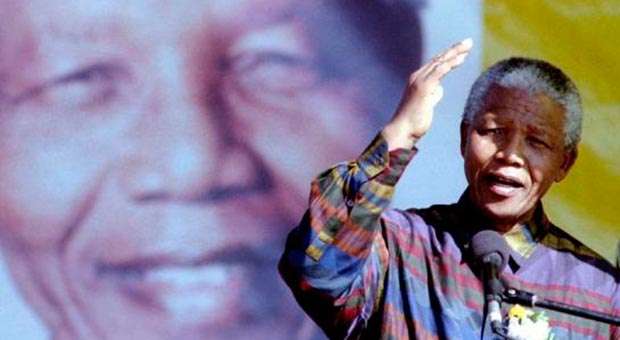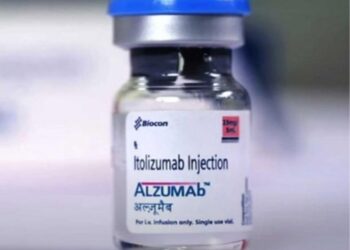Sunday 8th there will not be theater, music and film shows. The government of Cuba declared National Mourning for that day, after two days of official mourning. The entire island will be in silence, and Havana also, even though it is through the International Festival of New Latin American Cinema.
In Cuba, Mandela’s name carries weight. Anywhere in the world, the name of Madiba is synonymous with the struggle for democracy and against apartheid. But this island is a little different. In Cuba, apartheid was also an enemy; South Africa is not a distant point on the map.
During the 70s and 80s, hundreds of thousands of Cubans crossed the Atlantic, landed in Angola, and remained there until the white government of South Africa had to undertake not to get on the ground and in the affairs of the former Portuguese colony.
Some people are convinced that the Cuban military presence in Angola was one of the levers that helped topple apartheid. Mandela was one of those people. When he visited Cuba in 1991, he said: “The Cuban internationalists made a contribution to the independence, freedom and justice in Africa that is unparalleled by the principles and selflessness that characterize it.”
Mandela attributed his own liberation to the Cuban military victory in Angola, saying in a speech he delivered in the city of Matanzas, “Without the defeat of Cuito Cuanavale our organizations would not have been legalized. The defeat of the racist army at Cuito Cuanavale made it possible for me to be here with you










